The Interesting Art Of Makeup And The Psychology Of Artistic Personal Expression
The Art of Makeup
The Power of Transformation
Makeup has been an integral part of human culture for centuries, serving as a tool for self-expression, beauty enhancement, and even social status. The psychology of makeup is a fascinating study of how colors, textures, and techniques can transform not only our appearance but also our self-perception and how others perceive us.
Self-Expression and Creativity
For many, makeup is a form of art that allows them to express their individuality and creativity. The choice of colors, styles, and application techniques can reflect one’s personality, mood, and even cultural influences. Whether it’s a bold red lip or a subtle natural look, makeup provides a canvas for self-expression that is both personal and versatile.
Embracing Identity
Makeup can also play a crucial role in embracing and affirming one’s identity. For some, it serves as a way to align their outer appearance with their inner sense of self. This is particularly important in communities where makeup is used to challenge traditional gender norms and explore gender identity.
Boosting Confidence and Self-Esteem
The application of makeup can significantly impact an individual’s confidence and self-esteem. The act of enhancing certain features or concealing imperfections can lead to a more positive self-image. This boost in confidence can extend beyond physical appearance, influencing how one carries themselves and interacts with others.
The Psychology of Enhancement
The desire to enhance one’s appearance is deeply rooted in human psychology. Studies have shown that people who wear makeup often feel more attractive, competent, and socially accepted. This psychological effect can be particularly empowering in situations where individuals want to make a strong impression, such as job interviews or social events.
Social Perception and Judgments
Makeup can also influence how others perceive and judge us. Research suggests that people often attribute positive traits, such as competence and likeability, to those who wear makeup. However, societal standards and cultural norms can also shape these perceptions, leading to varied interpretations based on context and expectations.
Cultural Differences
The cultural significance of makeup varies across different societies. In some cultures, makeup is seen as a daily ritual and a symbol of femininity, while in others, it may carry different connotations or be used for ceremonial purposes. Understanding these cultural differences adds depth to our appreciation of makeup as a universal yet diverse practice.
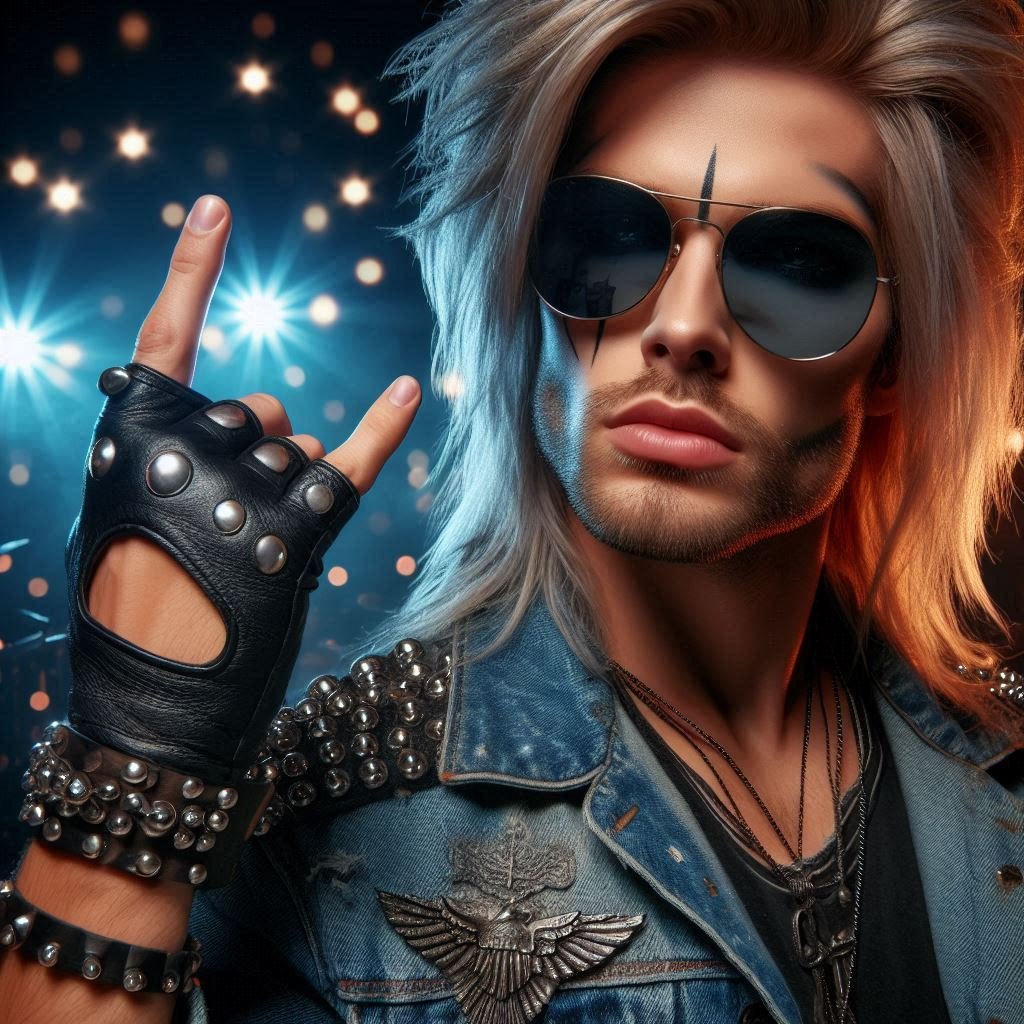
The Ritual of Application
Mindfulness and Routine
The process of applying makeup can be a mindful and therapeutic ritual. Many individuals find solace in the daily routine of makeup application, using it as a moment of self-care and reflection. This ritualistic aspect of makeup can create a sense of calm and control in an otherwise hectic day.
The Role of Scent and Texture
The sensory experience of makeup, including the scent of products and the texture of brushes and applicators, can also contribute to its psychological appeal. These sensory elements enhance the overall experience, making makeup application a pleasurable and immersive activity.
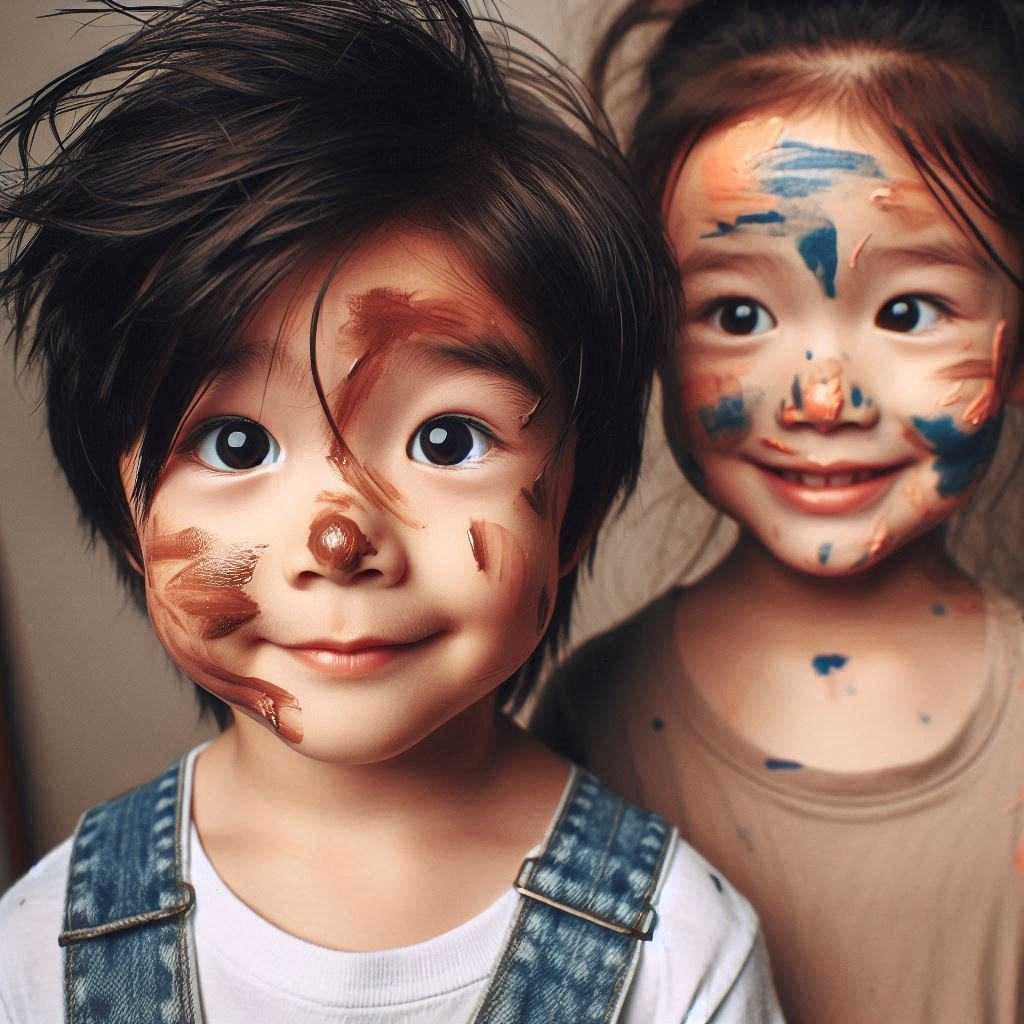
Impact on Professional Life
Workplace Dynamics
Makeup can play a significant role in professional settings. While societal expectations may dictate certain standards of appearance, many individuals use makeup to present themselves confidently and professionally. This can influence workplace dynamics, interactions with colleagues, and perceptions of competence.
Balancing Authenticity
Finding the right balance between personal authenticity and professional expectations is key. Some individuals choose to embrace a natural look, while others prefer a polished and sophisticated appearance. Both approaches highlight the importance of feeling comfortable and confident in one’s own skin.
The Emotional Connection
Personal Stories
For many, makeup holds deep emotional significance. It can be a reminder of cherished memories, such as getting ready for a special occasion or learning beauty tips from a loved one. These personal stories add a layer of emotional connection to the makeup experience, making it more than just a cosmetic routine.
Empowerment and Resilience
Makeup can also be a source of empowerment and resilience. For individuals who have experienced trauma or illness, makeup can serve as a tool for reclaiming their sense of self and finding strength in their appearance. This transformative power of makeup underscores its emotional and psychological impact.
The Science Behind Makeup
Color Psychology
The colors used in makeup can have a profound psychological impact. For instance, red lipstick is often associated with confidence and power, while softer shades like pastels can create a sense of calm and serenity.
Texture and Finish
The texture and finish of makeup products also play a role in how they are perceived. Matte finishes can give a sophisticated and polished look, while glossy or shimmery finishes can add a touch of glamour and excitement. Understanding these elements allows individuals to choose makeup that aligns with their desired look and feel.
Makeup and Aging
Skincare Integration
As individuals age, their skin’s needs and preferences may change. Makeup products that incorporate skincare benefits, such as hydration and anti-aging properties, have become increasingly popular. These products not only enhance appearance but also support overall skin health.
Adaptation and Evolution
Makeup techniques and trends evolve with age, reflecting changing tastes and priorities. While some may opt for more subtle and natural looks, others continue to embrace bold and creative styles. The adaptability of makeup ensures that it remains a relevant and empowering tool throughout different life stages.
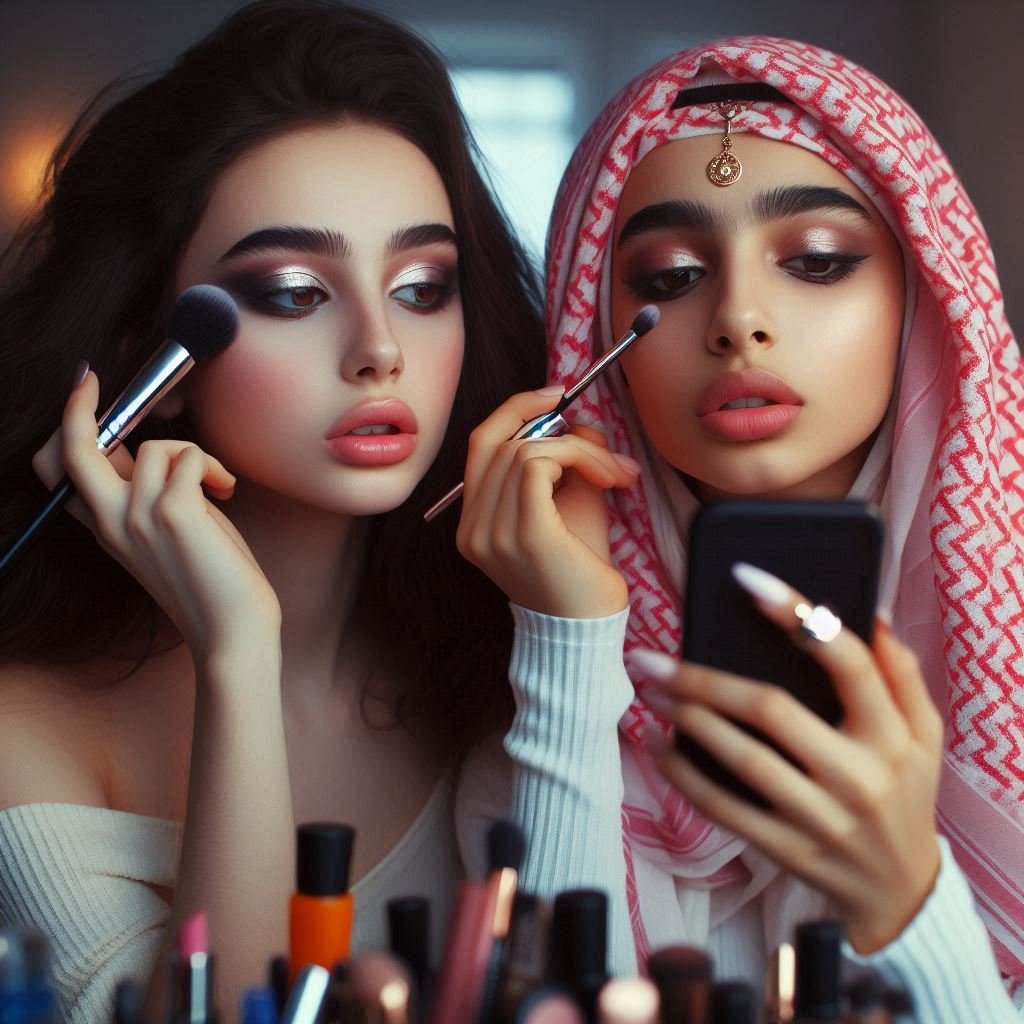
The Impact of Media and Influencers
Beauty Standards
Media and social media influencers have a significant impact on beauty standards and makeup trends. The portrayal of makeup in advertisements, movies, and online platforms can shape public perceptions and aspirations. It is important to recognize and challenge unrealistic beauty standards to promote a more inclusive and diverse representation of beauty.
Influencer Culture
Influencers play a vital role in the makeup industry, sharing tips, tutorials, and product reviews with their followers. Their authenticity and relatability can inspire individuals to experiment with makeup and discover new techniques. However, it is also essential to critically evaluate the content and prioritize personal preferences over external influences.
Sustainable and Ethical Makeup
Environmental Impact
The makeup industry is becoming increasingly aware of its environmental footprint. Sustainable and eco-friendly makeup products, packaging, and practices are gaining traction. Consumers are more conscious of the ingredients used in their makeup and the impact on the planet, leading to a shift towards greener alternatives.
Ethical Choices
Ethical considerations, such as cruelty-free and vegan makeup, are also influencing consumer choices. Brands that prioritize ethical practices and transparency are gaining popularity, reflecting a growing awareness of the social and environmental responsibilities associated with makeup.
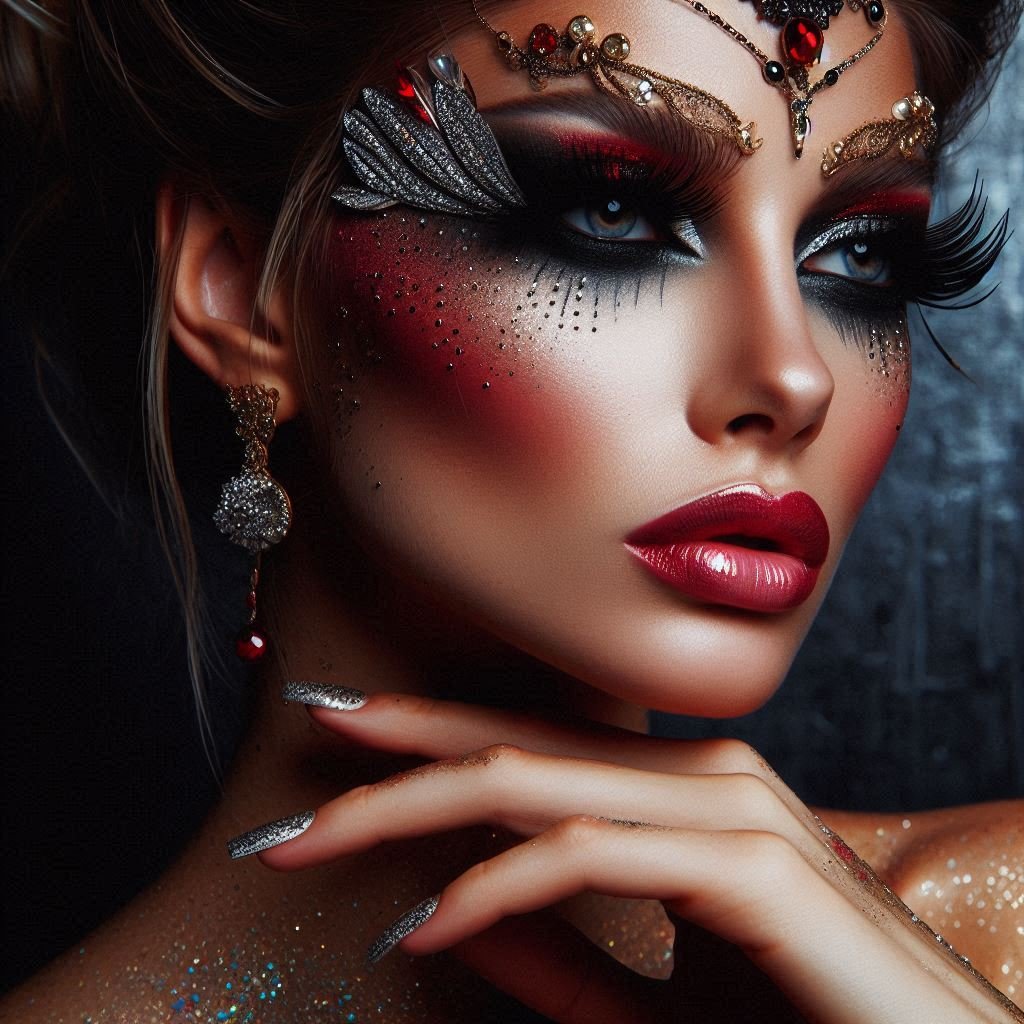
Conclusion
The psychology of makeup is a complex and multifaceted subject that encompasses self-expression, confidence, social perception, and emotional connections. Whether used as an art form, a confidence booster, or a daily ritual, makeup has the power to transform both our appearance and our mindset. By understanding the psychological aspects of makeup, we can better appreciate its significance in our lives and the lives of others.
Join the Discussion
We want to hear your thoughts on the psychology of makeup and what it means to you! How does makeup influence your daily life and self-perception? Do you have any personal stories or experiences related to makeup that you’d like to share?
Join the conversation and explore the transformative power of makeup.

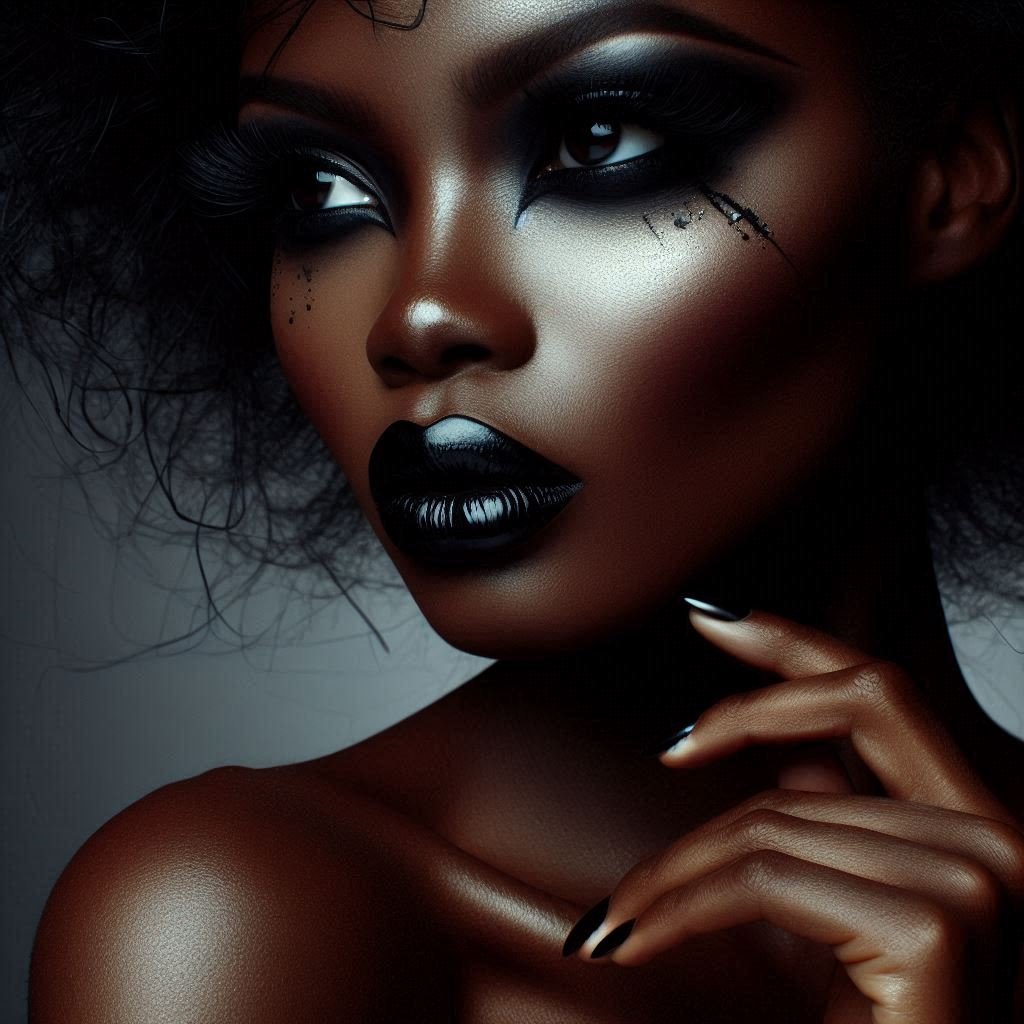



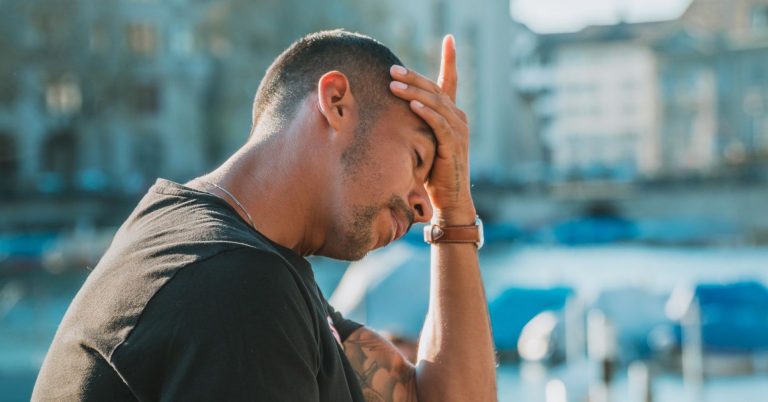
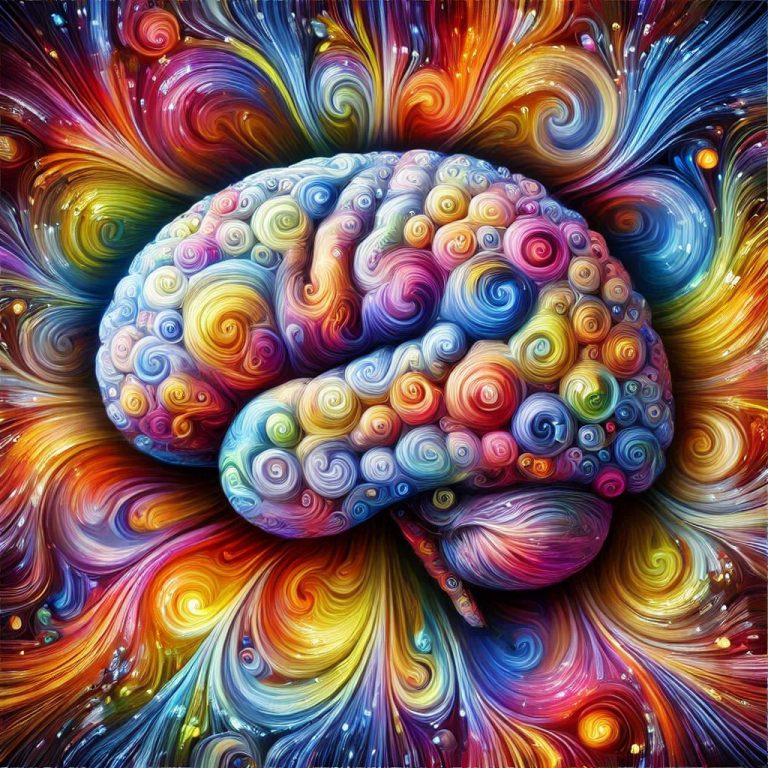
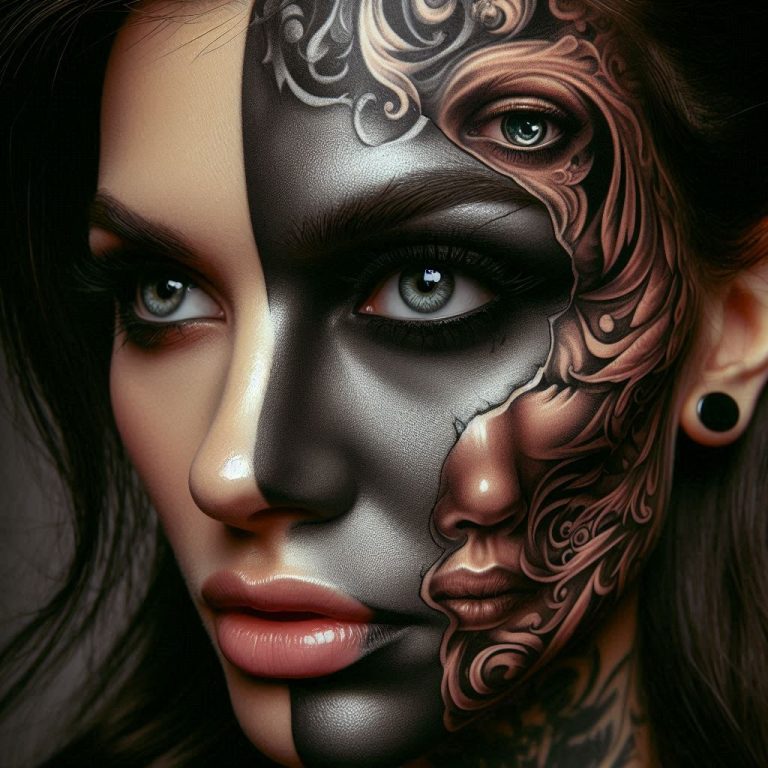
Great post. I was checking continuously this blog
and I’m impressed! Very helpful information specifically the last part 🙂 I care for such info a lot.
I was looking for this particular info for a very long time.
Thank you and best of luck.
I’ve been browsing on-line more than 3 hours today, yet I by no means found any interesting article like yours. It’s beautiful price enough for me. In my view, if all website owners and bloggers made just right content material as you probably did, the web might be a lot more useful than ever before. “I finally realized that being grateful to my body was key to giving more love to myself.” by Oprah Winfrey.